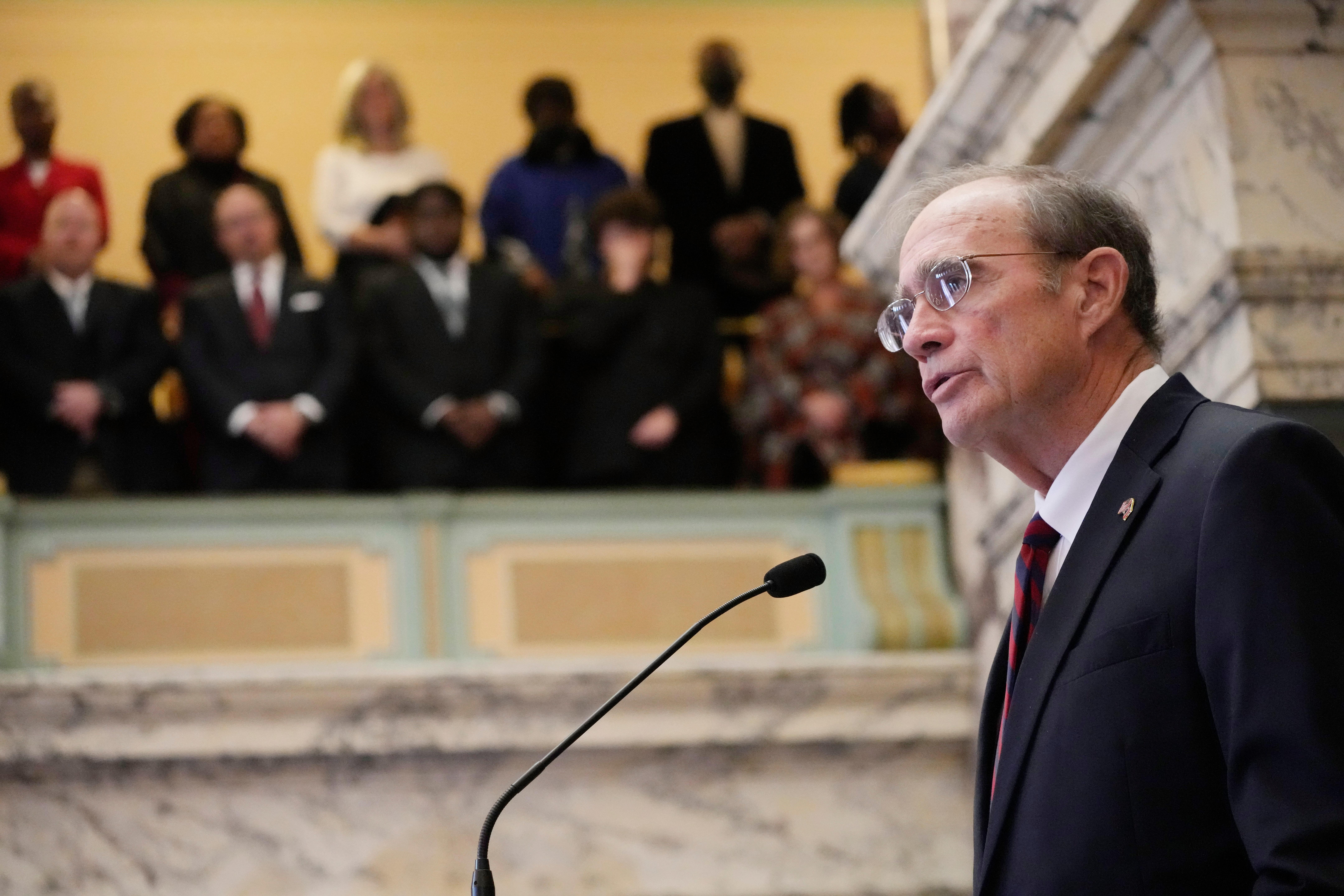The Mississippi Senate is planning to introduce legislation to expand Medicaid coverage to the working poor.
Senate Republicans plan to introduce Medicaid expansion bill, says Hosemann


The Mississippi Senate is planning to introduce legislation to expand Medicaid coverage to the working poor.

Will Stribling
Senate Republicans plan to introduce Medicaid expansion bill
This marks the first time that legislative Republicans in Mississippi will lead an effort to expand the program.
The bill will expand coverage to around 230,000 Mississippians who make too much to qualify for Medicaid, but too little to afford private insurance.
Lieutenant Governor Delbert Hosemann says this legislation is needed for the state to increase its economic output and be a place people want to live and work.
“I believe that keeping us healthy in that 16 to 64 bracket, your major income years, is a critical component to raising the labor force participation rate,” Hosemann said. “When they're working people, buy homes, help raise their families… pay taxes, all those kinds of things that we would hope every American could espouse to.”
The proposal will increase Medicaid eligibility to people making up to 138 percent of the federal poverty level, or just over $20,000 for an individual.
The bill will also include work requirements and mandate that recipients contribute towards their health insurance costs, according to Hosemann. Including those elements in an expansion plan will require waivers from the federal Centers for Medicare and Medicaid Services.
In addition to the benefits that come with a more insured population, Hosemann says that under the Senate plan, Medicaid expansion will be revenue neutral for the state. The federal government pays for 90% of the cost of expansion coverage, and Hosemann says the state share will come from sources other than the general fund.
“The projections are somewhere between $500 and $800 million positive income for the state of Mississippi,” Hosemann said. “So it has some economic benefits under any scenario where we collect more money than we’re expending in this particular area.”
The source of that positive income is the incentives the federal government is offering to the ten remaining non-expansion states. More than $600 million in additional federal funding would come to Mississippi over a two year period if the state expanded Medicaid.
Though Hosemann could not say where the state’s share of expansion costs would come from, he did say that “hospitals have expressed an interest in contributing.” The state achieved the same effect of injecting more money into Mississippi’s health care system without increasing state appropriations under Gov. Tate Reeves’ plan to increase hospital bed taxes to draw down more federal funding for hospitals.
Reeves has been an outspoken opponent of Medicaid expansion, calling it “welfare.” As the state’s top executive, he has the power to veto any expansion bill passed by the legislature. Two-thirds of lawmakers would have to vote to override that veto if Reeves decided to do so.
Hosemann thinks that the work and individual contribution requirements might sway Reeves, just like they changed the minds of legislative Republicans who were previously against or skeptical of expansion.
“I'm very hopeful that will show a new light to the governor and possibly a way forward on his part,” Hosemann said.
Dr. John Gaudet, a Hattiesburg-based pediatrician and professor of medicine, says that being able to go to the doctor matters and that expanding Medicaid will help improve the state's health care outcomes, which are often the worst in the country.
The reason why we want to see those numbers improve is so we can have a healthier and happier and more productive population,” Gaudet said. “I don't see this bill as a panacea, but it is a piece of the puzzle. It’s a way that we can all pull together and work together towards helping get Mississippi off the bottom.”
Hoseman says the bill will be filed by the legislature's Monday evening deadline.